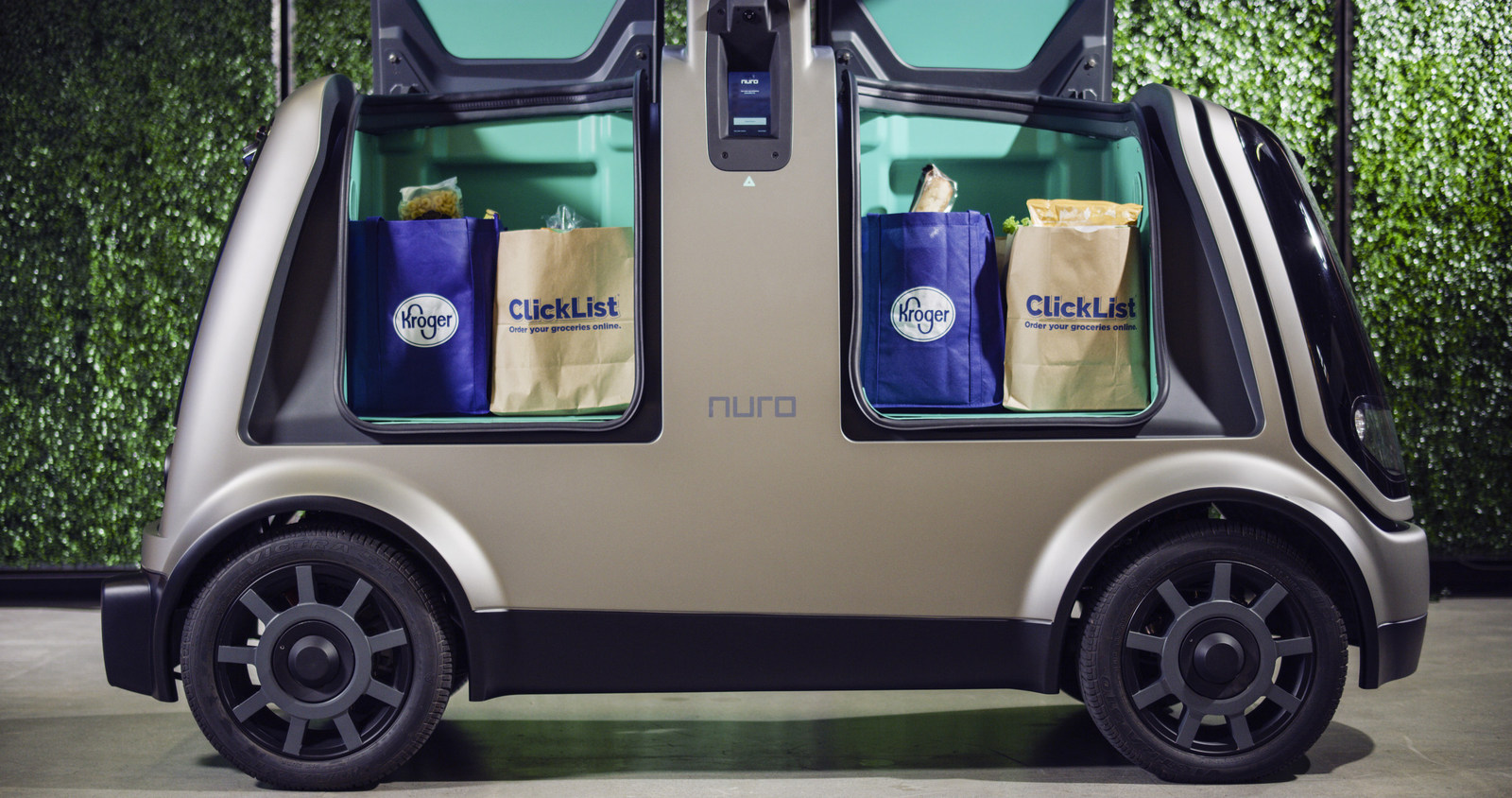The automotive aftermarket has often drawn on the experience of the grocery industry. Its vast array of products and narrow operating margins can certainly serve to inform strategies for the aftermarket, but the growing investigations into last-mile delivery by grocery organizations may also serve as examples for the aftermarket to draw on.
Recently, grocery chain Albertsons Companies announced that it has partnered with Tortoise, an automated logistics company focused on last-mile solutions, to pilot its remote-controlled zero-emission delivery cart in Northern California.
“Our team is obsessed with trying new and disruptive technologies that can bring more convenience for our customers,” said Chris Rupp, EVP and Chief Customer and Digital Officer. “We are willing to quickly test, learn, and implement winning innovations that ensure we are offering the easiest and most convenient shopping experience in the entire industry.”
The Safeway cart, powered by Tortoise, is equipped with a camera and a speaker and is guided through the neighborhood by a remote operator. The cart can hold up to 120 pounds of groceries in four lockable containers for a contactless delivery experience.
When the cart arrives at a home, the customer receives a text to come outside and pick up their groceries. The carts are specifically designed to deliver groceries and parcels in a safe manner – at an average speed of 3 mph and powered 100% by an electric battery.
Currently, the service is open for testing with Safeway associates in select Northern California neighborhoods. In these early stages, a friendly escort will accompany the cart as part of the pilot process.
But it’s not the first time grocery sector players have considered unmanned last mile delivery.
Back in 2018, the Kroger chain intiated a pilot with Nuro.
Kroger, the largest grocery chain in the U.S. and Nuro, maker of fully unmanned road vehicles, announced a partnership to put an unmanned delivery service test program.
Through this partnership, customers placed same-day delivery orders through Kroger’s ClickList ordering system and Nuro’s app. During the test, orders will be delivered by Nuro’s fleet of autonomous vehicles.
This was the first application and deployment of Nuro’s hardware and software.
While that pilot program ended in 2019, the program was not without benefit, and was followed by other programs in other centres.
The purpose of the venture with Nuro was to test deliveries in self-driving vehicles in Scottsdale, then expand the program to a larger metropolitan area. The program started with modified Toyota Prius models, then added Nuro’s own custom vehicle.
“During this pilot, it was learned that we can deliver a service that our customers love — providing convenience and fresh groceries for our customers safely in the communities,” said Pam Giannonatti, a spokeswoman for Kroger, which owns the Fry’s chain.
“This engagement shows the immense appetite for affordable, safe and convenient delivery options,” she added, calling the customer response in Scottsdale “phenomenal.”
“Unmanned delivery will be a game-changer for local commerce, and together with Kroger, we’re thrilled to test this new delivery experience to bring grocery customers new levels of convenience and value,” said Dave Ferguson, Co-Founder, Nuro. “Our safe, reliable, and affordable service, combined with Kroger’s ubiquitous brand, is a powerful first step in our mission to accelerate the benefits of robotics for everyday life.”

Visit www.tortoise.dev.
Visit https://nuro.ai/


0 Comments